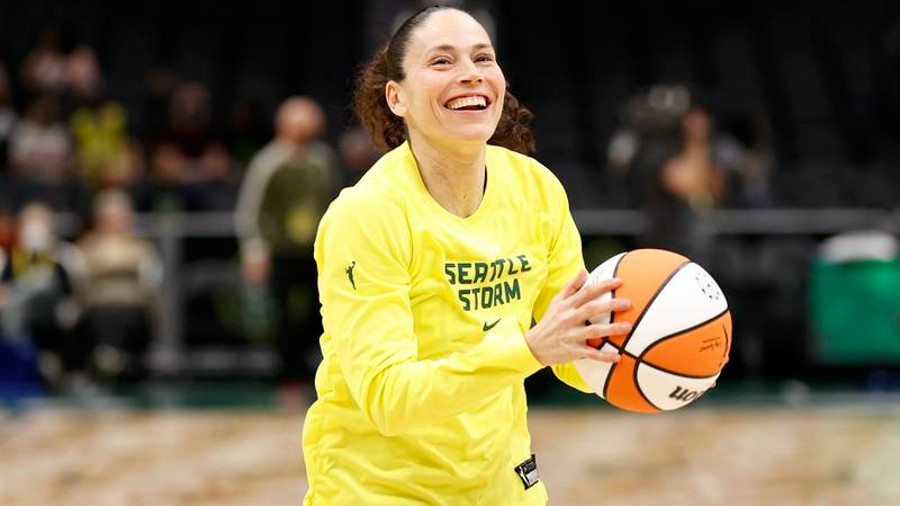Push to pay NCAA athletes in Washington crosses political lines
Oct 22, 2019, 11:12 AM | Updated: Oct 23, 2019, 6:58 am

Rep. Drew Stokesbary. (Washington State House Republicans)
(Washington State House Republicans)
In September, California’s passed legislation allowing NCAA athletes to pursue their own paid sponsorships. Washington will soon renew its own push for similar legislation, for a proposal that Republican State Rep. Drew Stokesbary sees as something everyone can agree on.
“No matter where you are on the political spectrum, I think you can find pretty solid reasons that are consistent with your worldview to support the idea,” Stokesbary told MyNorthwest.
During the last legislative session, Rep. Stokesbary likened the NCAA to a cartel, citing its strict regulations against allowing athletes to receive any financial compensation outside of their scholarships.
Washington state rep: NCAA ‘like a cartel,’ needs to pay athletes
In January, he drew up a bill to allow athletes to be compensated by any party for anything “up to fair market value of services,” and to retain an agent. It died in committee a month later, with opponents arguing that they didn’t want Washington to act as the guinea pig for what would have been a tectonic shift in the NCAA.
A couple months after that, California proposed its own identical legislation, eventually getting it signed into law at the end of September. That’s a move that could very well quell the doubts in Washington that persisted early in 2019.
“Washington isn’t the guinea pig anymore,” Stokesbary pointed out. “I think a lot of the reasons that people had even six months ago are going to go out the window pretty quickly.”
Moving forward, Stokesbary expects to face opposition from both the University of Washington and Washington State University, who voiced their own disapproval back when he first introduced the legislation.
Washington colleges push back on bill to allow NCAA athletes to get paid
“I think the biggest obstacle is the universities looking in the mirror, deciding that they want to do the right thing for their students and their athletes, and being on the right side of history,” said Stokesbary.
“Or, go down fighting and eventually lose,” he added.
If Stokesbary’s proposal passes, he argues that it wouldn’t necessarily interrupt UW or WSU’s revenue streams, and that it would specifically be targeted at letting athletes pursue their own financial opportunities.
More than that, he sees it as a chance to put college athletes on equal footing.
“The three highest paid state employees are football and basketball coaches at UW and WSU — this is about doing what’s right for the kids,” he said. “Let the players go out on their own and talk to the Nikes and Adidas and Beacon Home Plumbings of the world that might want to do an endorsement deal.”
Meanwhile, momentum is building on a national level. Stokesbary estimates between 10 and 20 states have similar legislation on the table, and has even heard from members of U.S. Congress about a possible proposal at the federal level.
He estimates Congress might begin that process sometime after its Christmas recess.
“The ground is shifting really quickly,” said Stokesbary.












